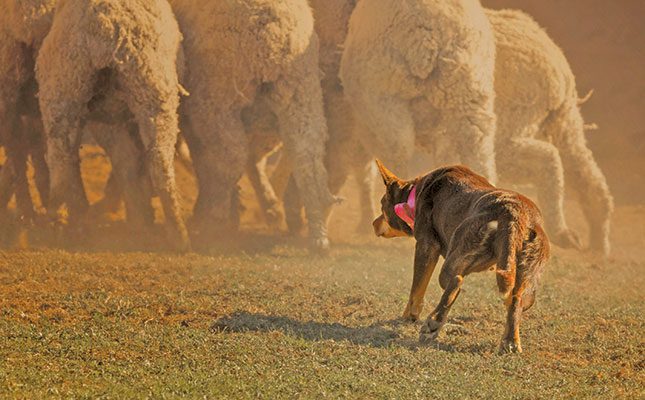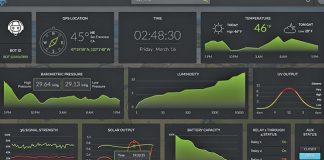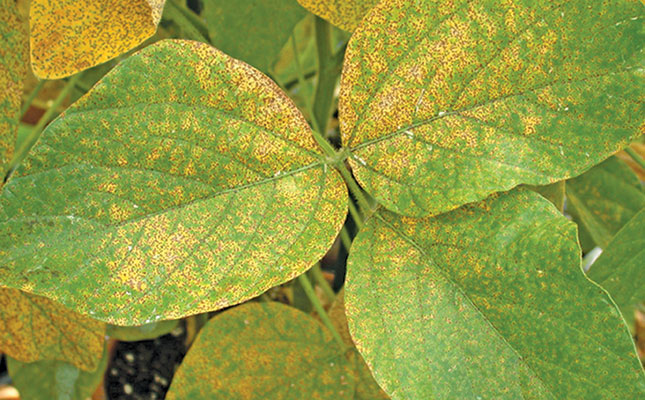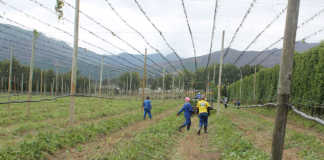
Photo: Pxfuel
If you’re a farmer, you know that dogs are more than just stay-at-home pets. They can be a true asset to your farm, as dogs can enhance the security of your farm, managing and herding livestock or tracking lost or injured farm animals. As such, dogs can enhance the efficiency of your farm.
But there are some things you should bear in mind regarding the care of your farm dogs.
Food and mealtimes
A balanced and nutritious diet is always necessary. This helps keep health issues at bay. Ensure your dog gets all the proteins, minerals, carbohydrates, vitamins, and fats essential for weight gain and maintenance and growth.
Find a brand of food that offers human-grade, organic food. If you’re willing to cook food for them, it is also a good option as it increases the amount of digestible protein. It is a good idea to make a bone broth and give it to your dogs regularly, as this will help improve digestion and strengthen bones and joints.
It is important that you keep track of your dog’s mealtimes, as this will indicate if there are potential health problems. For example, if your dog usually eats in the morning but is no longer doing so, it may be an indication of impending illness.
There are more reasons why your dog will not eat at its regular mealtimes other than being ill. But if your dog’s loss of appetite persists for more than a day, or you notice any symptoms of illness, it is better to consult your veterinarian as soon as possible.
Like humans, dogs may also tire of consuming the same food. Therefore, if your dog is seemingly reluctant to eat its food, and you have ruled out illness, experiment with different types of food or treats, or try changing the dog’s mealtime. You can also warm the dog’s food a bit to increase the aroma and make it more appealing.
Water
Make sure that your dog has easy access to water throughout the day. This is particularly important for a working farm dog, which may spend much of its day outside in the sun. The general rule of thumb is to provide around 60ml of water for every kilogram of weight.
Make sure that the water provided to your dog is clean. Unhygienic water can introduce bacteria and other pathogens to your animal, which could make them ill. Of course, it is not always possible to control what water your dog has access to, particularly on the farm.
However, to prevent bacterial build-up, ensure that you wash your dog’s water bowls daily. On days when the weather is hotter than usual, check your dog’s water bowls frequently to ensure that they have fresh water available at all times.
Shelter
Regardless of the weather, it is important that your dog always has access to shade. You can insulate the doghouse in cold months and provide ventilation for hot weather if the dog does not sleep inside.
The shelter you provide could be your house or a barn. Also, keep an eye on the weather. In case of extreme weather conditions, take your dog inside the house or shelter. Provide a secure and comfortable shelter to relax and protect them from predators.
Play and exercise
While working dogs are generally active and can work all day, they need downtime too. After they have been working on the farm all day, consider taking at least half an hour out of their routine to let them run around and play. It will help uplift their mood and enhance their efficiency at work.
Secondly, exercise is essential to maintain your dog’s health. Engage them with mental stimulation and games, such as fetching, running, or a simple walk. Train them in basic skills like sitting, coming, and playing. It will enhance the bond between the owner and dog and prevent them from being destructive or acting out other behavioural issues.
Health checks
Schedule a regular veterinarian visit for your dog. Talk to your vet to arrange a customised vaccination schedule based on their needs, breed, and environment.
Dogs need regular vet visits to prevent health issues and address them at an early stage. These visits are also essential for regular deworming and taking preventive measures against external parasites.
You may want your dog vaccinated for distemper, canine parvovirus, canine hepatitis, and rabies to ensure a long and healthy life. Therefore, regular vet checks are crucial to keeping your dog in shape. And in case of noticing any changes in your pet’s appetite, energy levels, or behaviour, consult your vet promptly.
Love and attention
Lastly, don’t forget to tell your dog how much you love them. Like humans, dogs thrive when they know they are loved and cared for. They have feelings too, and affirmations can help them blossom.
Spend quality time with them. Play games or go for a nice walk. You can notice their continuous wagging tail while you guys are hanging out. It means they are happy and will be ready to return all the love they can.
Farm dogs are also social animals. So, make sure you charge their ‘social battery’ regularly by providing opportunities to engage with other dogs and people. Have some friends over, or let your furry friend enjoy spending time with other dogs. Socialising helps with anxiety and other behavioural problems.
Also, let them have fun with other people to help enhance their mood. But always keep them under your supervision.
And remember, a happy dog is a healthy dog.
Ups and downs of keeping a dog
Whether a pet dog or a farm dog, they all have their pros and cons. But both types require care and attention. Owning a dog (in general) is a big responsibility. Take care of their health and socialisation to allow them to flourish.
Never think of all this as a burden, as loving your dog is equally rewarding. You will have a furry friend, and an incredibly loyal and helpful addition to your family and farm. It will ease your workload and brighten up your day. So let your dog know how much you care.
Nonetheless, every dog is unique, so monitor what works for your dog. Observe them and ensure they get all the care and attention they deserve. With proper care, attention and love, your canine friend will be your farm partner for a very long time.
Obesity in dogs
Obesity in dogs is a medical condition characterised by an excess accumulation of body fat that significantly impairs a dog’s health and well-being. It occurs when a dog’s energy intake from food exceeds their energy expenditure through physical activity and metabolic processes, leading to weight gain. Obesity can have serious consequences for a dog’s overall health and can affect their quality of life.
Common features of obesity in dogs include:
Excessive body weight
Obese dogs have a body weight that exceeds the ideal weight for their breed and size. Body fat accumulation: Fat deposits are visibly evident, often leading to a rounded or distended appearance. Reduced mobility: Obesity can make it difficult for dogs to move comfortably, resulting in decreased physical activity and exercise intolerance. Respiratory issues: Obese dogs may experience breathing difficulties, especially during exertion.
Joint problems
The excess weight puts strain on the joints, increasing the risk of arthritis and musculoskeletal issues.
Cardiovascular problems
Obesity is associated with an increased risk of heart disease and high blood pressure in dogs.
Metabolic disorders
Obese dogs are at higher risk for developing metabolic conditions such as diabetes mellitus and fatty liver disease.
Reduced life expectancy
Obesity can shorten a dog’s lifespan due to the associated health risks. Causes of obesity in dogs can include overfeeding, lack of physical activity, poor diet choices, genetic predisposition, and certain medical conditions. It is essential for dog owners to monitor their pet’s weight and body condition and work with veterinarians to develop a tailored diet and exercise plan to prevent or manage obesity.
Preventing and addressing obesity in dogs is crucial for their overall health and well-being. Weight management typically involves a combination of dietary changes, portion control, increased physical activity, and regular veterinary check-ups to monitor progress and address any underlying medical issues.
This article was provided by We Love Doodles.










